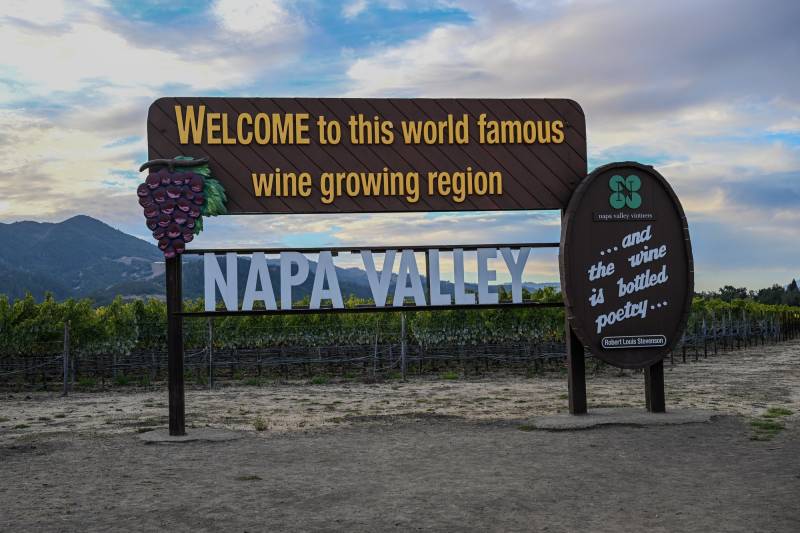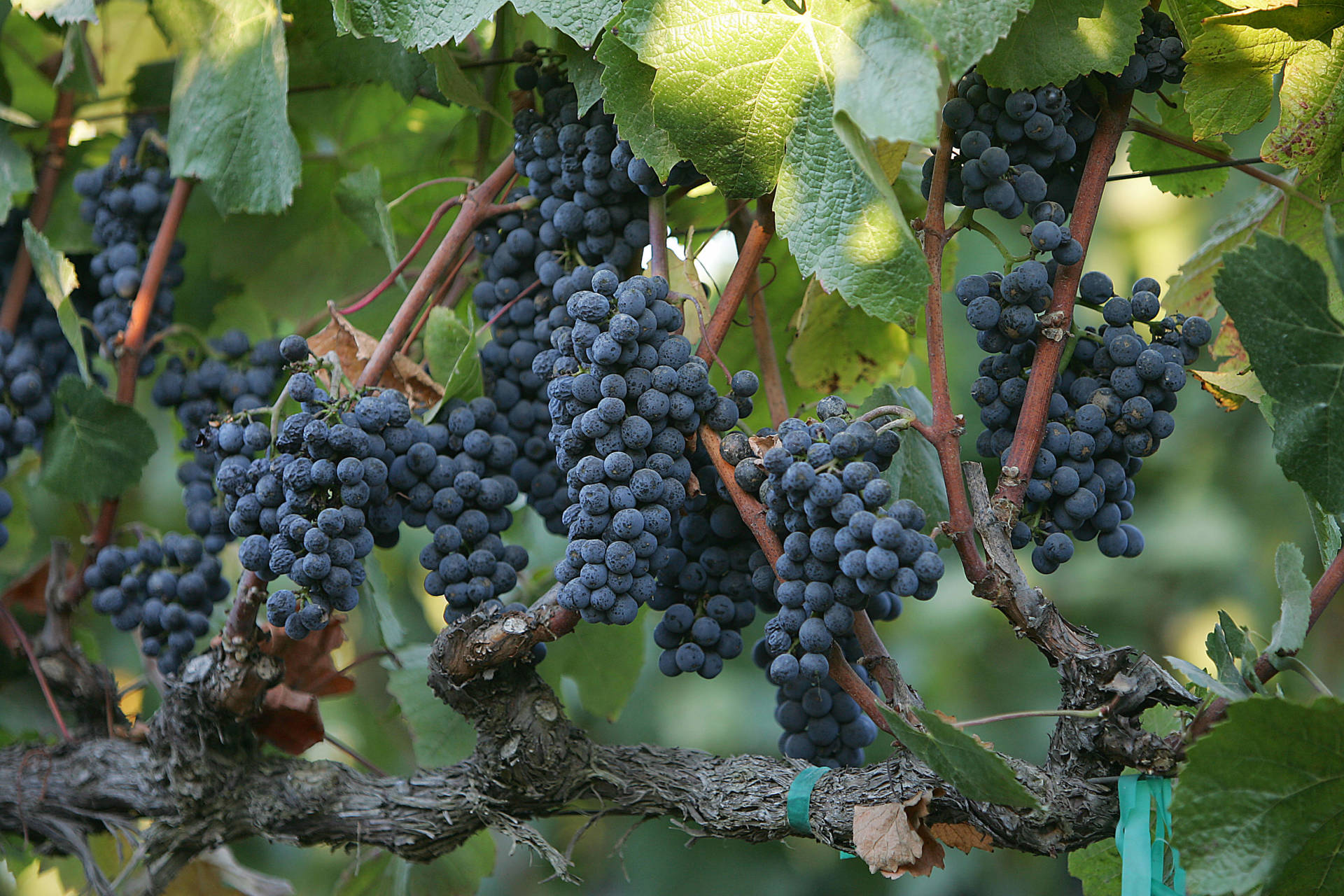According to Arthur Hartinger, who is representing the county in its lawsuit against Hoopes, the program was designed so that low-impact vineyards could “continue to have a small family farm, grow grapes, produce wine, and sell it in a retail fashion” despite the land’s preservation requirements.
“They just can’t do these other kinds of things that bring more people onto the property and create impacts that have very serious potential consequences,” he continued.
Bringing more people onto the property or expanding its footprint would require a use permit because it could have environmental consequences for the preserve land, such as wastewater impacts, increased water use or traffic in the surrounding area, Hartinger said.
While Hoopes’ exemption allows for two employees and no visitors on-site daily, Lindsay Hoopes testified that the winery welcomes around 60 guests to the grounds per day, along with a number of employees. To qualify for a use permit, it would need to make updates to its wastewater, freshwater and fire protection systems, along with its road and parking. According to the county’s complaint, this could cost the winery between $500,000 and $1 million.
Hoopes, meanwhile, has joined with two other small wineries to allege in a federal lawsuit that some of Napa County’s applicable ordinances are unconstitutionally vague and that the county’s interpretation of these ordinances has changed over the years unfairly.
“I have an email [from the county] that says ‘visitor’ means a liquor store owner, but then, two years ago when they sued Hoopes, [the county] said ‘No, visitor means a customer,’” said Joseph Infante, a lawyer representing the wineries in the federal case. “That’s two different things, and so that violates your constitutional right to engage in your business without arbitrary governmental interference.”
The suit follows a similar one in Michigan, in which a federal court found that local municipalities’ vague ordinances were out of line with state law. Infante worked on that 2020 case and said similarly that the goal of the Hoopes federal case is to “enjoin enforcement of ordinances that are affecting and violating the constitutional rights of wineries.”
The county said in a recent federal court filing that it plans to file a motion to dismiss the case and asked the court to stop litigation from proceeding in the interim. U.S. District Judge Charles Breyer ruled Monday that the case would continue to move forward and required that the county turn over discovery to the plaintiffs’ legal team in the coming weeks, but it’s possible that the county could ask the court to dismiss the case entirely.
The trial is currently set to begin at the end of the month.
If the county’s ordinances are allowed to stand, and the court grants its injunction next month, it could affect far more than just Hoopes — other similar small wineries could have to change the way they function in Napa Valley.


